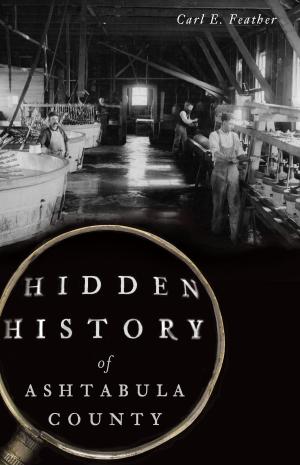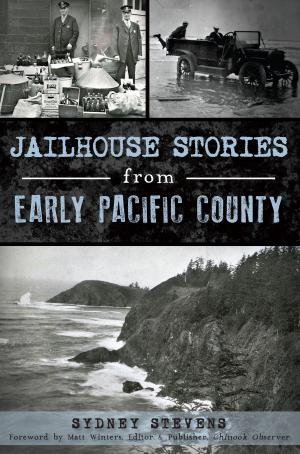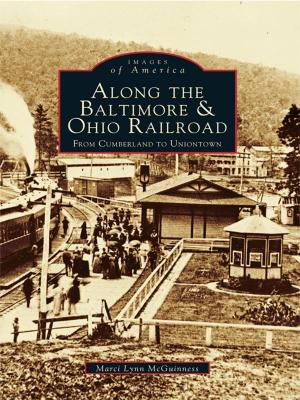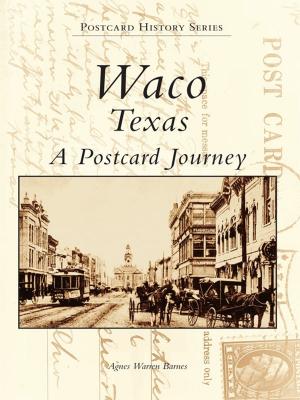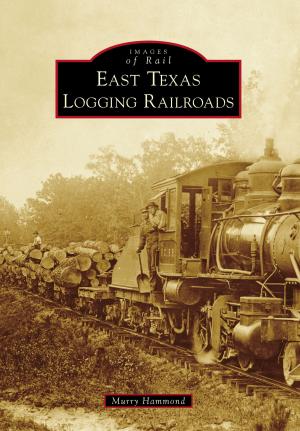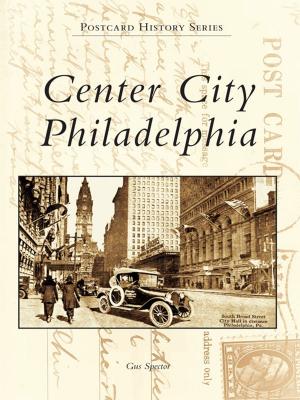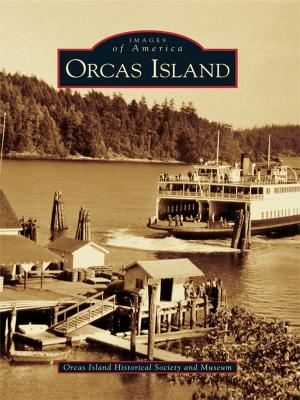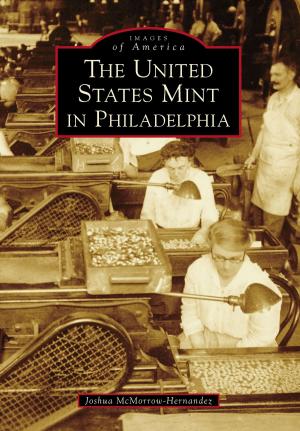| Author: | Dr. William M. Anderson | ISBN: | 9781439635049 |
| Publisher: | Arcadia Publishing Inc. | Publication: | June 27, 2007 |
| Imprint: | Arcadia Publishing | Language: | English |
| Author: | Dr. William M. Anderson |
| ISBN: | 9781439635049 |
| Publisher: | Arcadia Publishing Inc. |
| Publication: | June 27, 2007 |
| Imprint: | Arcadia Publishing |
| Language: | English |
Founded two years after the end of the Civil War, the township�s name heralded the Union victory. Blanketed with a variety of hardwoods and some white pine stands of timber, Victory Township was an untamed wilderness when the first settlers arrived. The first pioneers homesteaded in the southwest corner of the township near the Lincoln River. Soon the community of Victory Corners began to emerge and with its growth, aspiration to become the seat of government for Mason County. Until the railroad came to Ludington, this settlement was a legitimate contender. Immigrants, particularly Scandinavians, constituted a larger and next wave of settlers. These new residents tended to cluster, given their common culture and relationships. The Danish settlement became one of the most recognized places in the township. Farming became a way of life while ethnicity gave way to Americanization and Victory Township developed a strong sense of community. This illustrated history extends through the end of World War II when the boys came home and the forces of industrial growth reshaped the rural landscape. Each community had its unique character, yet this township is reflective of the experiences of many rural people in the Midwest.
Founded two years after the end of the Civil War, the township�s name heralded the Union victory. Blanketed with a variety of hardwoods and some white pine stands of timber, Victory Township was an untamed wilderness when the first settlers arrived. The first pioneers homesteaded in the southwest corner of the township near the Lincoln River. Soon the community of Victory Corners began to emerge and with its growth, aspiration to become the seat of government for Mason County. Until the railroad came to Ludington, this settlement was a legitimate contender. Immigrants, particularly Scandinavians, constituted a larger and next wave of settlers. These new residents tended to cluster, given their common culture and relationships. The Danish settlement became one of the most recognized places in the township. Farming became a way of life while ethnicity gave way to Americanization and Victory Township developed a strong sense of community. This illustrated history extends through the end of World War II when the boys came home and the forces of industrial growth reshaped the rural landscape. Each community had its unique character, yet this township is reflective of the experiences of many rural people in the Midwest.

